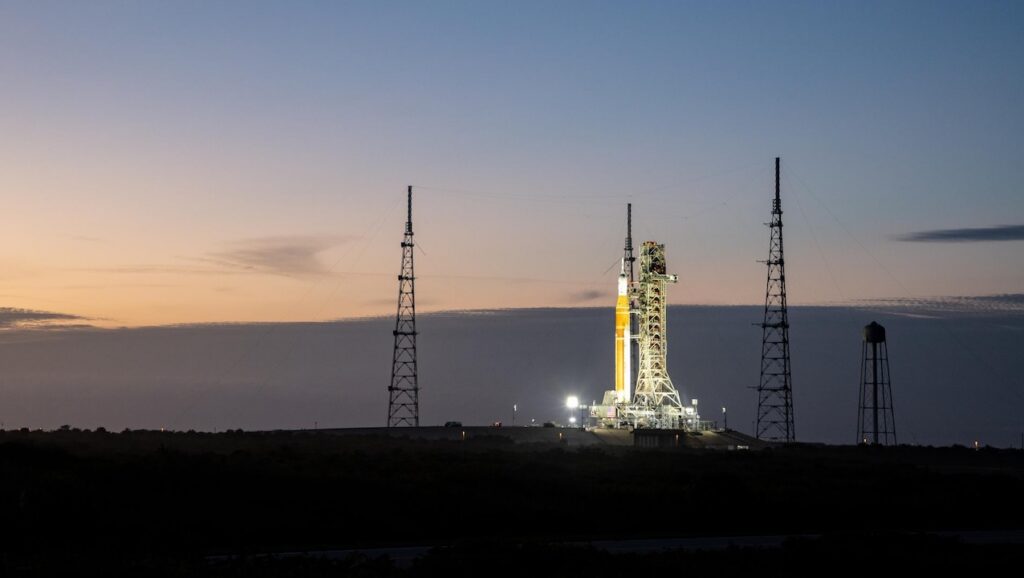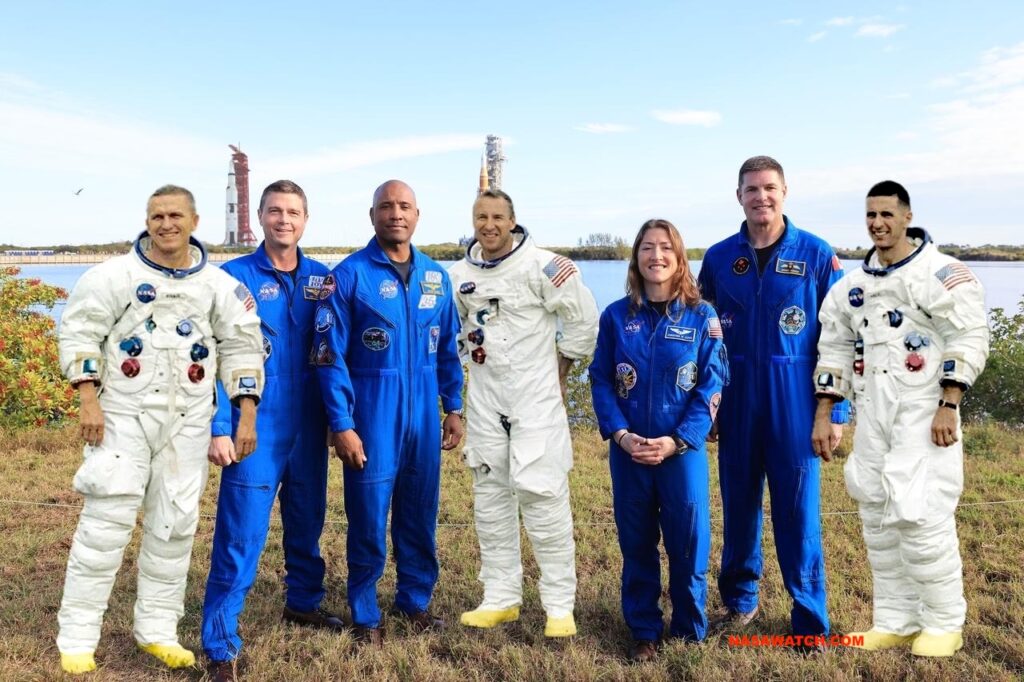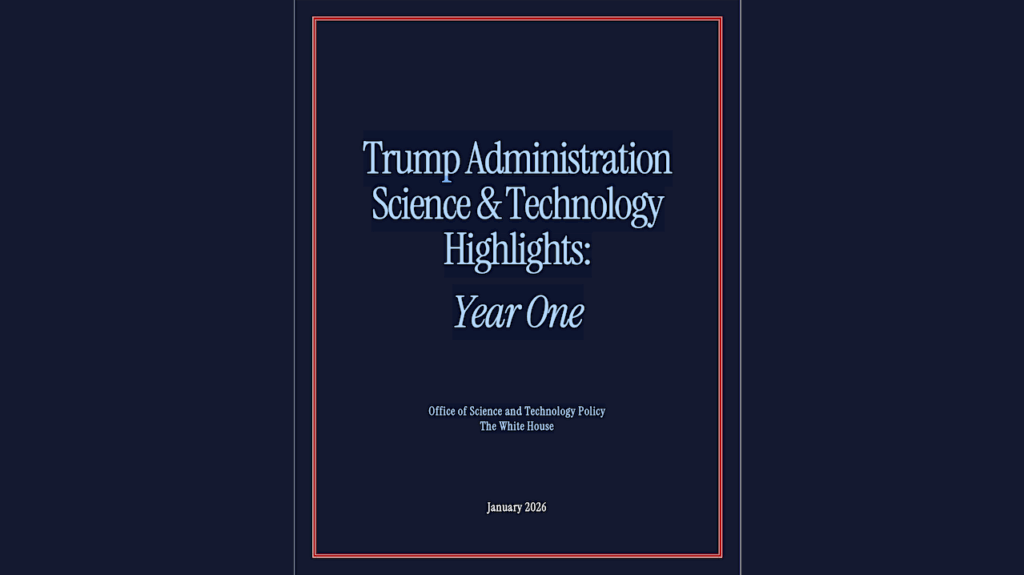More Program Management Advice From The NASA Aerospace Safety Advisory Panel

NASA’s Aerospace Safety Advisory Panel Releases 2019 Annual Report
“NASA’s human space flight brand and reputation are driven by 60 years of operational excellence performing complex missions in extraordinarily difficult endeavors. Nevertheless, the dynamic environment of Lunar 2024, imposed on an Agency still involved in complex and hazardous operations in orbit, while simultaneously developing or sponsoring development of new rockets, spacecraft, and critical equipment, will challenge the NASA community. As the Agency undertakes the most ambitious human foray beyond Low Earth Orbit (LEO) since 1972, we advise:
• Regardless of how NASA addresses the technical challenges, the nation must avoid fluctuating policy goals, ambiguous objectives, budget inadequacies, and instability–including partial and full-year Continuing Resolutions–which add complexity and uncertainty to program management.
• Acknowledging the value of setting challenging but realistic and achievable schedules, NASA must guard against undue schedule pressure that might lead to decisions adversely impacting safety and mission assurance.
• NASA leadership must deliberately focus on communication and engagement with the workforce to preclude disconnects in risk assumptions across the organization and a culture of risk taking rather than one focused on deliberate risk management.
• As NASA evolves its interactions with commercial providers, it must maintain focus on the core tenets of system development as the mission is ultimately still a NASA responsibility.”
“The dynamic environment of Lunar 2024 imposed on an Agency that is still involved in complex and hazardous operations in orbit (ISS) while simultaneously developing or sponsoring the development of new rockets, spacecraft, and critical equipment will stress the NASA community. The cumulative effect of these changes on the workforce has the potential to impact risk management across the Agency. As the Panel has pointed out before, one of NASA’s strengths is the unwillingness to give up when faced with a tough challenge; this strength could become a weakness if a management team establishes an unrealistic program that contains time and budget constraints without fully addressing and managing risks. We advise NASA leadership to deliberately focus on transparency and engagement consisting of candid discussions at and between all levels of management around questions such as these:
• What is the strategy and what are the impediments and concerns from the top down?
• What are the corresponding concerns from the bottom up?
• What is the management team evaluation and response to the bottom-up concerns?
• What are the ongoing processes to periodically “take the pulse” on all of the above and consider course corrections?
• Through what regular management- and workforce-engagement process is NASA confident that it is appropriately managing risk, not simply taking risk to meet objectives?”









“operational excellence performing complex missions …. involved in complex and hazardous operations” – why the emphasis on operations? someone wants you to think NASA is doing the operationally difficult or near impossible. If the hardware is designed and built for the job, then the ops aspects are usually trivial and NASA’s real problem is they seem to want to make things seem too complex and they sure make everything several times as expensive as it needs to be. NASA needs to be focusing on the architecture, the design and making sure the systems do what they need to. Someone is missing the boat on these statements.
“the mission is ultimately still a NASA responsibility”; if Musk and Space X are an example, sometimes the commercially competitive entities have better ideas for the missions and how to carry them out. Maybe NASA needs to refocus on improving technology, which has been their more traditional role in aerospace. NASA does not run or fly the airlines; those organizations need to be safe and cost effective. and they do not run the military; the military needs to be ready to take on the unexpected. Mainly NASA tests the new systems to ensure they function appropriately. There are a lot of aspects of the space environment, particularly in Earth orbit, that are relatively benign if you compare them with aviation or undersea work. Perhaps NASA needs to focus on what their job ought to be?
“why the emphasis on operations? “
Depending on how you look at the current situation, operations is about all we have. And there’s hardly anything more satisfying from government than crowing about how much theycooperate with one another. So, zing! Two birds, one arrow.